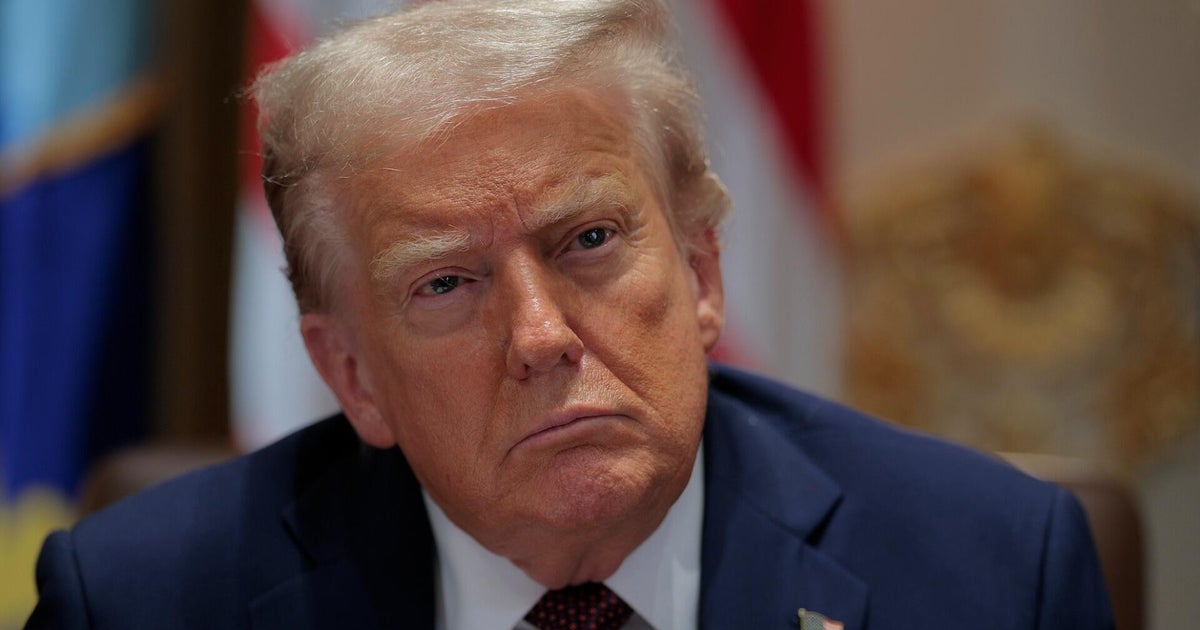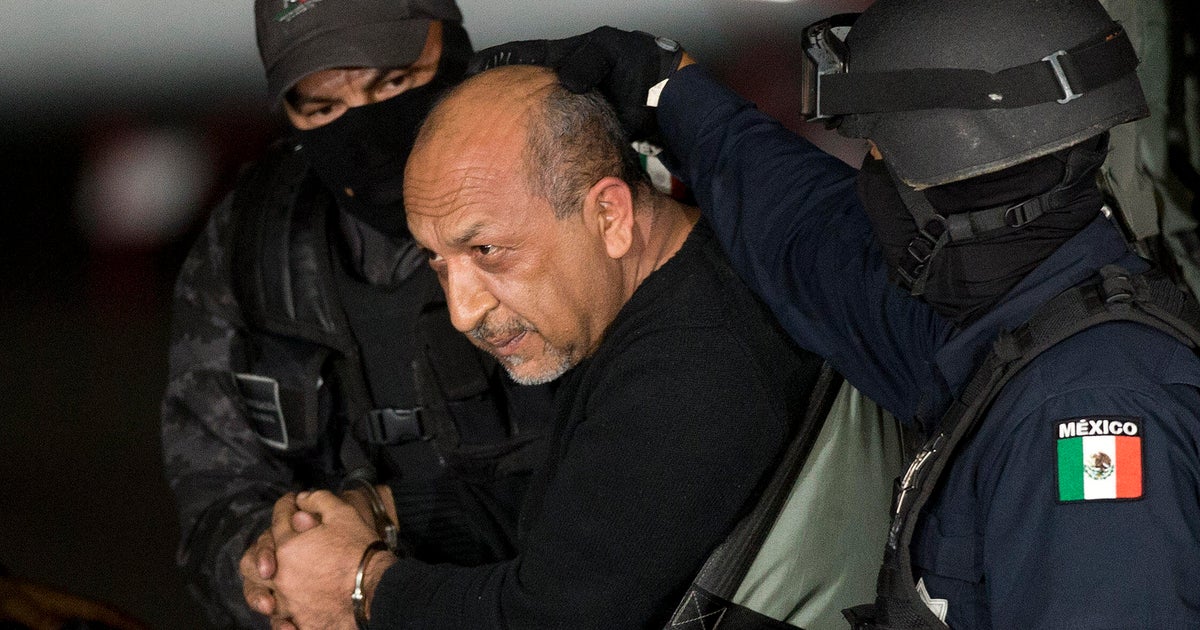Controversy Surrounding US Strike on Venezuelan Drug Boat

Introduction
The recent lethal strike on an alleged Venezuelan drug boat has caused a stir in the political realm. The Trump administration has yet to provide a legal justification for the attack that took place on Tuesday, resulting in the death of 11 people. This has led to questions and concerns about the use of force and the lack of transparency surrounding the incident.
Key Details
The attack has been met with criticism from both domestic and international communities. The administration's failure to provide a legal authority for the strike has raised concerns about the use of excessive force and violation of international laws. This is not the first time the Trump administration has faced backlash for their actions in Venezuela, as they have previously been accused of attempting to overthrow the current government.
Impact
This latest incident has further strained the already tumultuous relationship between the US and Venezuela. The lack of transparency and justification from the administration has raised doubts and skepticism about their intentions in the region. This has also sparked a larger conversation about the use of military force in the name of fighting illegal drug trafficking.
About the Organizations Mentioned
Trump Administration
The **Trump Administration** refers to the executive branch of the United States government under President Donald J. Trump, covering two non-consecutive periods: his first term from 2017 to 2021 and his second term beginning in 2025. As an organization, it is responsible for executing federal laws, shaping public policy, and managing national affairs during its tenure. During the **first Trump Administration (2017–2021)**, the administration pursued a wide-ranging agenda focused on immigration reform, economic nationalism, deregulation, judiciary appointments, and foreign policy shifts. Key actions included building and expanding the U.S.-Mexico border wall—completing 458 miles by January 2021—and implementing strict immigration policies such as travel bans from several predominantly Muslim countries and rescinding the DAPA amnesty program[2]. The administration withdrew the U.S. from the Trans-Pacific Partnership trade deal, renegotiated NAFTA into the USMCA, and signed the "Buy American and Hire American" executive order to prioritize American workers[1][3][5]. Judicially, Trump appointed three Supreme Court justices—Neil Gorsuch, Brett Kavanaugh, and Amy Coney Barrett—significantly influencing the federal judiciary with over 200 judicial appointments[5]. The administration also focused on military expansion, combating ISIS, addressing the opioid crisis, and responding to the COVID-19 pandemic with vaccine development support[5]. Foreign policy was marked by controversial decisions including troop withdrawals from northern Syria, reinforced support for Saudi Arabia, and tensions with Iran and North Korea[4]. The administration faced two impeachments: first in 2019 over Ukraine dealings and again in 2021 following the January Capitol riot; Trump was acquitted by the Senate both times[4][5]. After losing the 2020 election, Trump returned for a **second term starting in 2025**, continuing his policy priorities with new regulatory changes and political appointments[6][8]. The Trump Administration













